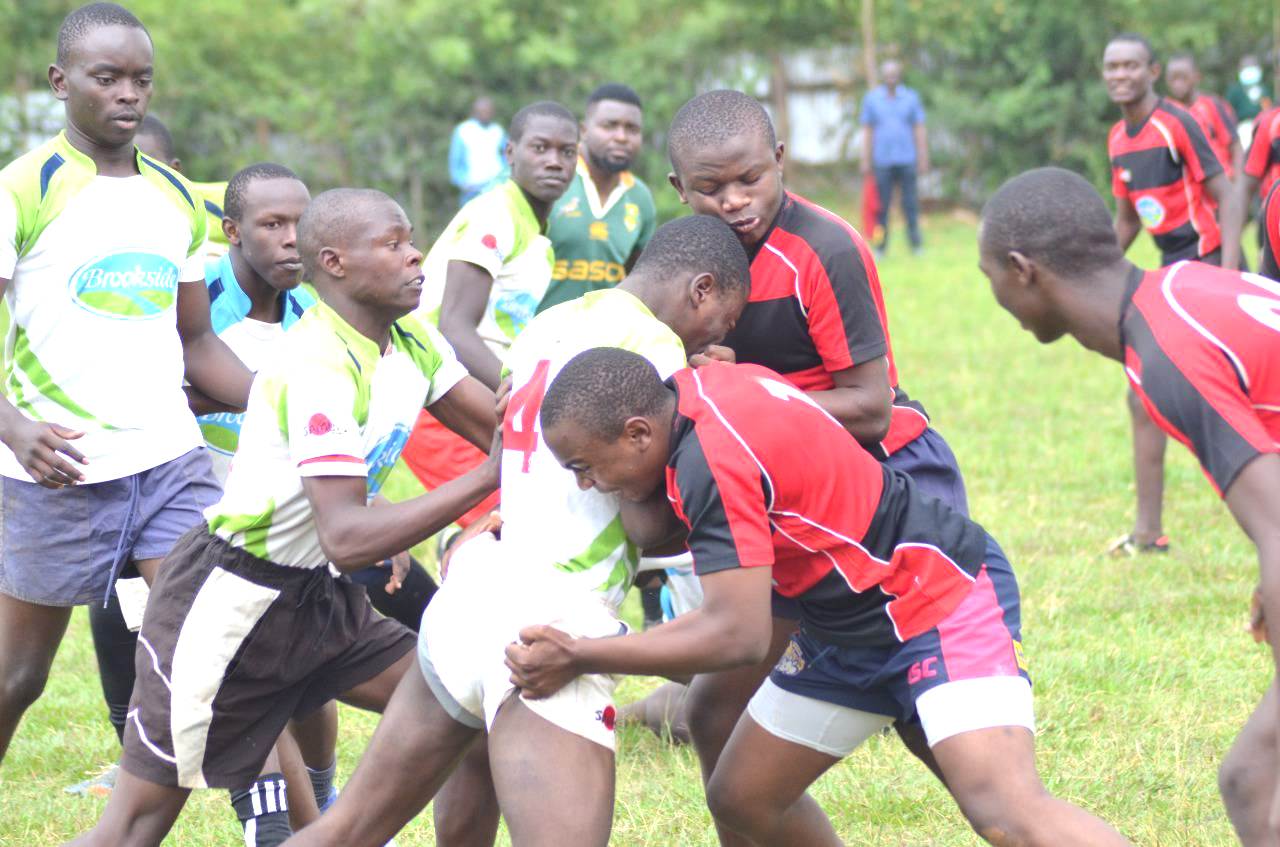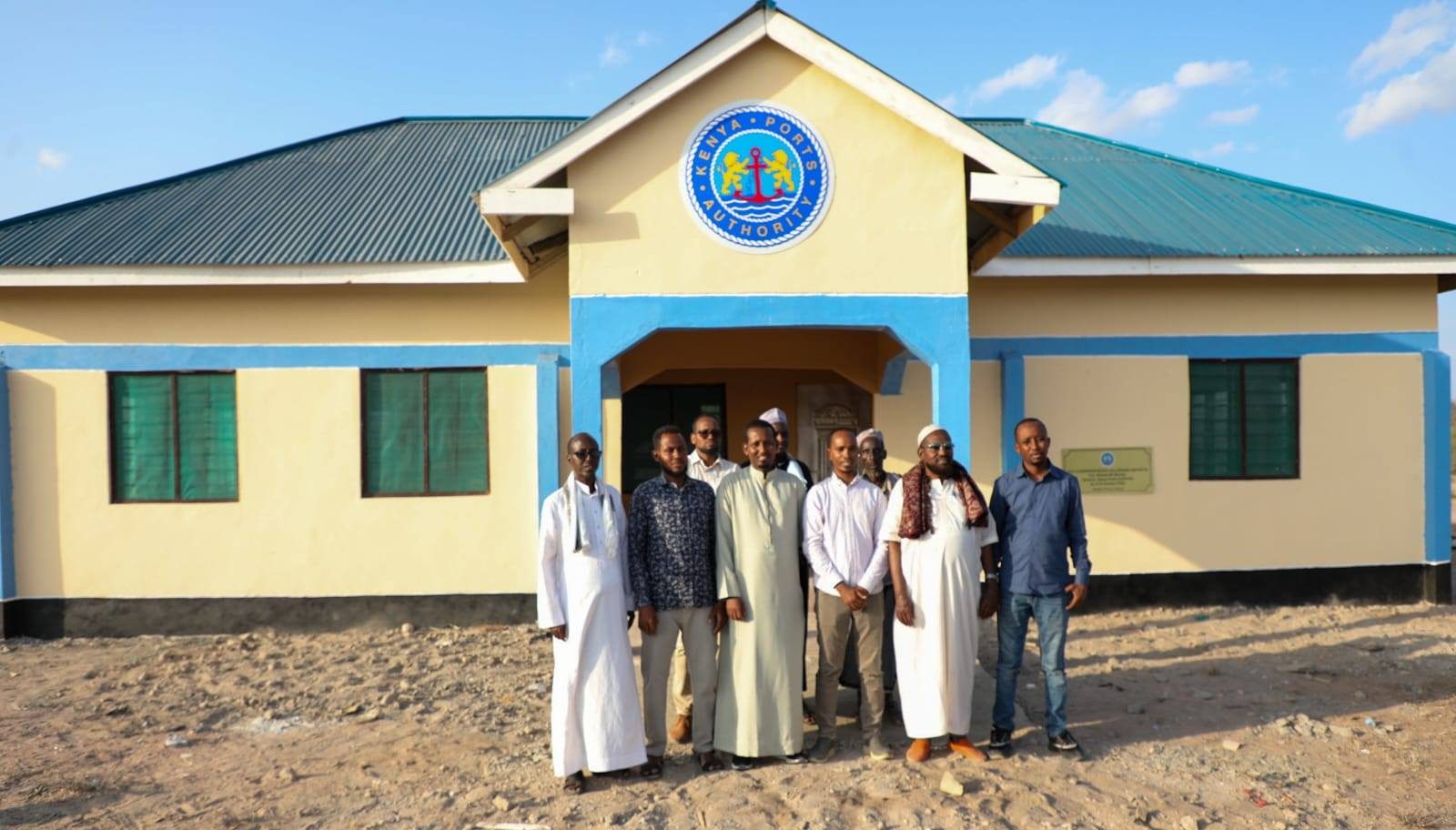National Treasury Cabinet Secretary John Mbadi has announced a significant reduction in secondary school capitation, alongside potential changes to examination fee subsidies, prompting widespread concern among educators, parents, and students nationwide.
These measures come amidst a strained national budget and a substantial Ksh 62 billion cut to the education sector.
The secondary school capitation has been lowered from Ksh 22,244 to Ksh 16,900 per student, a reduction of Ksh 5,344. Appearing before Members of Parliament on Thursday, July 24, CS Mbadi defended this move, citing a pressing budget deficit and constrained fiscal space. He warned that the long-standing free primary education program, initiated in 2003 by former President Mwai Kibaki to broaden access to education, may also become “untenable” in the face of current financial realities.
“Due to constrained fiscal space and other emerging prioaffects the Kenya Primary School Education Assessment (KPSEA), Junior Secondary School (JSS) exams, and the Kenya Certificate of Secondary Education (KCSE), all of which have been free since waivers were introduced for public schools in 2015 and subsequently expanded to private institutions in 2017 under the leadership of rities within the education sector, updating these rates might be untenable. The government will, however, consider reviewing these rates should revenue performance improve,” Mbadi stated.
READ ALSO:
Adding to the apprehension, President William Ruto’s administration has signalled a new model for examination fees, effective next year. The government intends to scrap the universal examination fee subsidy, requiring parents to cover the costs of national tests unless they qualify for assistance through a means-testing process.
CS Mbadi explained that this targeted subsidy strategy would assist only those genuinely unable to afford the fees, questioning why taxpayers should fund exams for all students, particularly those attending expensive private schools.
This shift impacts the Kenya Primary School Education Assessment (KPSEA), Junior Secondary School (JSS) exams, and the Kenya Certificate of Secondary Education (KCSE), all of which have been free since waivers were introduced for public schools in 2015 and expanded to private institutions in 2017 under then-President Uhuru Kenyatta.
The potential for parents to bear exam registration costs has ignited alarm among lawmakers, who have called upon the Kenya National Examinations Council (KNEC) to clarify how exams will proceed without dedicated funding. They have also demanded accountability from both the Treasury and Education Ministries regarding these critical financial decisions.
Despite the prevailing concerns, Education Cabinet Secretary Julius Ogamba offered reassurance, stating that his ministry is actively engaged in discussions with the Exchequer to secure funding for examinations. He emphasized his ministry’s commitment to ensuring that “no child is left behind in terms of paying exam expenses,” revealing that he has formally requested an increased allocation for the education sector in the fiscal year 2025/2026 budget.
By Cornelius Korir
You can also follow our social media pages on Twitter: Education News KE and Facebook: Education News Newspaper for timely updates.
>>> Click here to stay up-to-date with trending regional stories
>>> Click here to read more informed opinions on the country’s education landscape






